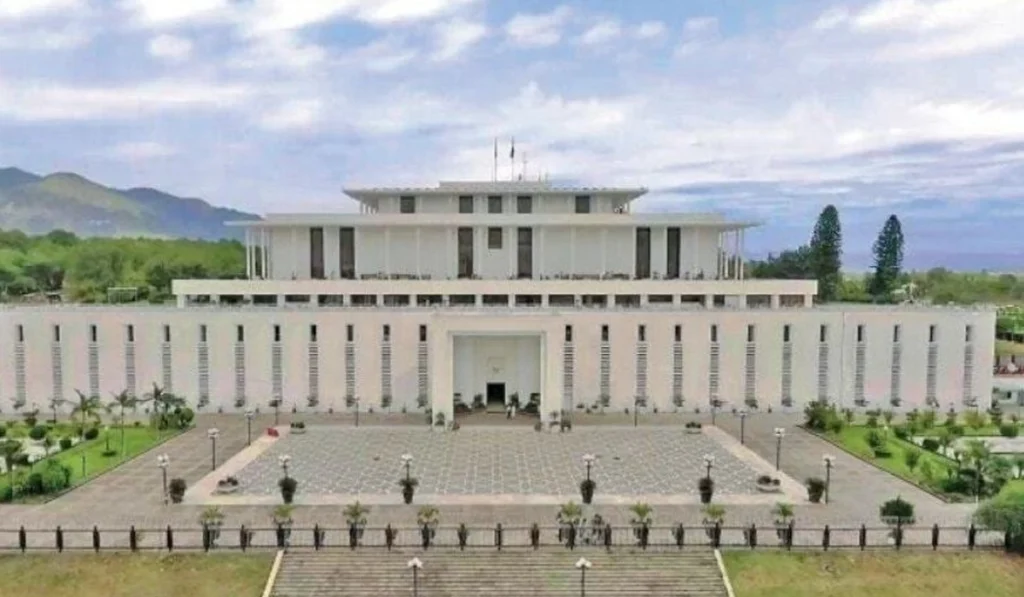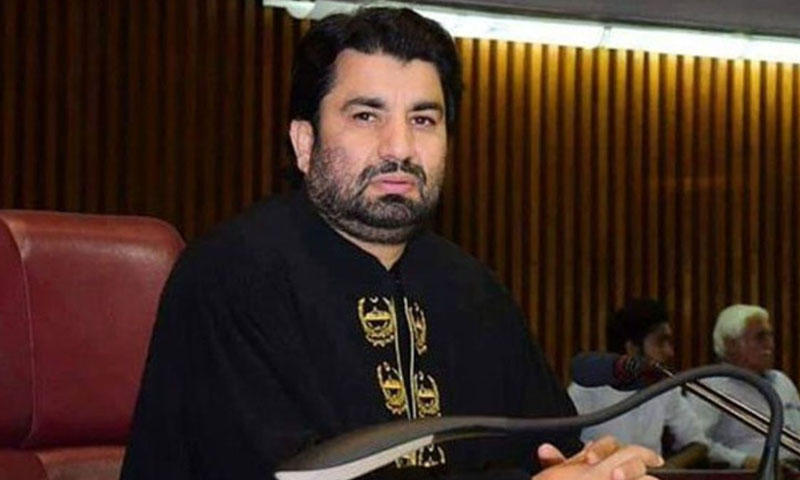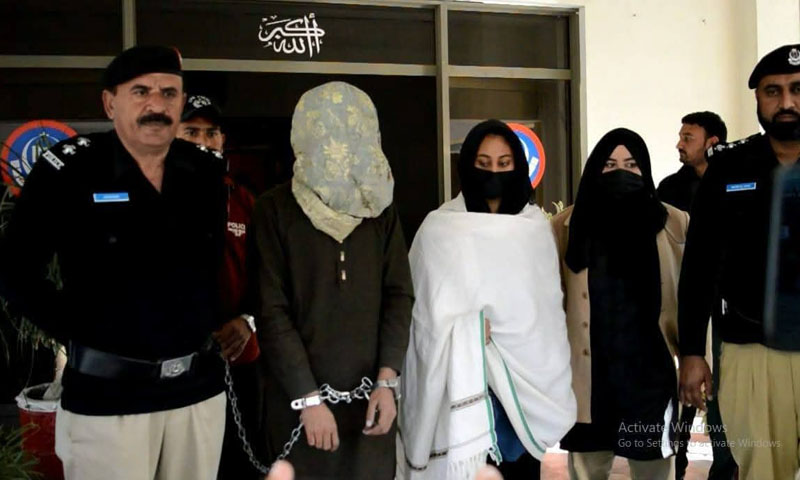- Web Desk
- Feb 09, 2026
Secretary to president facing harassment charges removed
-

- Zahid Gishkori Web Desk
- Sep 10, 2025

ISLAMABAD: Shakeel Malik, who was facing harassment charges, has been removed as secretary to the president, sources confirmed to HUM Investigation Team (HIT).
In his place, Inamullah Khan Dharejo, a BS-22 officer of the Pakistan Administrative Service and currently serving as secretary Establishment Division, has been appointed as the new secretary to the president.
Meanwhile, Nabeel Ahmad Awan, a BS-22 officer of the Pakistan Administrative Service presently serving in the Punjab government, has been appointed secretary Establishment Division.
Earlier, a senior woman officer had accused Shakeel Malik of harassment at the President Secretariat. He had been hired by the president for a three-year term after his retirement earlier this year.
The BS-21 officer wrote to Pakistan’s First Lady Aseefa Bhutto Zardari, seeking her intervention, alleging that Shakeel Malik harassed her on multiple occasions at the President Secretariat.
Sindh ombudsman orders removal of K-Electric CEO Moonis Alvi on harassment charges
“…To my utter shock… [the secretary] threw the file at me, which landed behind my chair. He then irrationally started blaming me for siding with the accused DG’s stance…. I felt thoroughly insulted, as the secretary’s hostile behaviour was publicly demeaning and intimidating in the presence of my juniors. I did not misbehave or retort, but simply left his room. Later, the additional secretary called me to her office and conveyed that the secretary thinks I should consider resigning after this ‘beizzati’,” read one of the memos sent by the officer.

She added that after the initial shock subsided, she tried to rationalise the incident, assuming the secretary may have been in a bad mood or under stress. However, weeks later, she was still awaiting an apology. “On the contrary,” she wrote, “he was reported crowing in a tone of gloating satisfaction to my juniors on what he had done.”
According to her, three weeks later, the secretary called her to his office and told her that he had never behaved in such a way before, but that she had “enraged and driven him” to do so.
“To add insult to injury, a plethora of explanations have been issued to me over trivial matters that have nothing to do with me, trying to make me a scapegoat for issues in the secretariat. The latest explanation — copy enclosed — contains the secretary’s own signed admission that the incident occurred, though I dispute his version,” she wrote.
The officer alleged that the secretary had “no tolerance for dissenting views” and said she was reluctant to approach the harassment ombudsman as it might “bring a bad name” to the institution. She urged the First Lady to intervene, warning that ignoring such behaviour would set a dangerous precedent for junior female officers.
In an earlier note to the officer, Malik wrote: “Due to your nonchalant attitude, you compelled me — first and last time in my service — to raise my tone before a female officer. It was a trivial matter but you made it so important that I had to come to your room… I threw that file on television. Later, I apologised — in front of Ms… — thrice, telling you that I consider you as an elder sister, for a bit raising my tone because it was never done throughout my service.”




